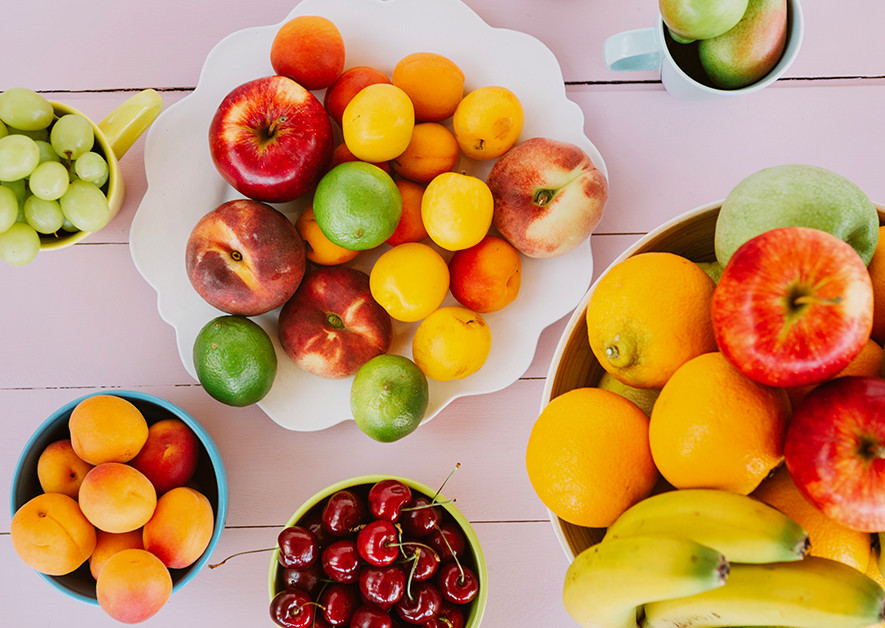The Season of Fresh Fruits and Vegetables Market is a vibrant and eagerly anticipated time of year when an abundance of freshly harvested produce becomes available, especially during the spring and summer months. This period is marked by a rich variety of colorful fruits such as mangoes, watermelons, berries, peaches, and citrus, along with fresh vegetables like tomatoes, cucumbers, leafy greens, and carrots. These markets, often set up in open-air or farmers’ market settings, offer produce that is typically ripened naturally, packed with nutrients, and harvested at peak freshness, making it both flavorful and healthy.
Beyond the produce, these markets create a lively and welcoming atmosphere. Stalls are filled with overflowing baskets of vibrant goods, and many vendors offer tasting samples or locally made artisan products. It becomes a social hub where people come not just to shop, but to enjoy the community experience, often accompanied by live music or street performances.
The season also emphasizes sustainability and supports the local economy. Buying directly from farmers helps reduce transportation emissions and supports small-scale agriculture. Consumers are encouraged to eat seasonally, which is not only healthier but also more environmentally friendly. Overall, the Season of Fresh Fruits and Vegetables Market represents a celebration of nature’s bounty, healthy living, and local community spirit.

